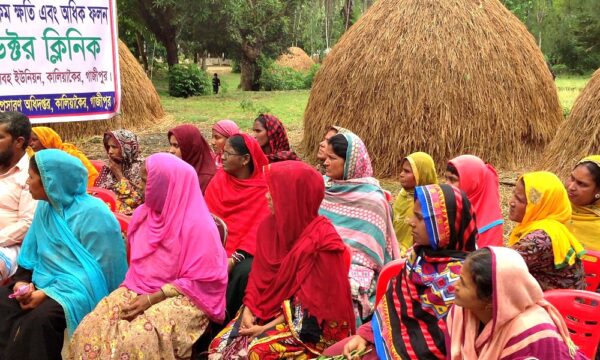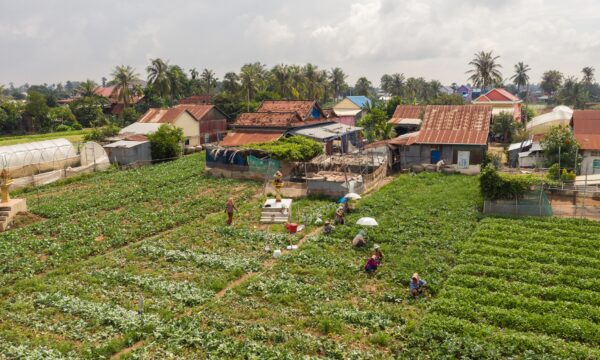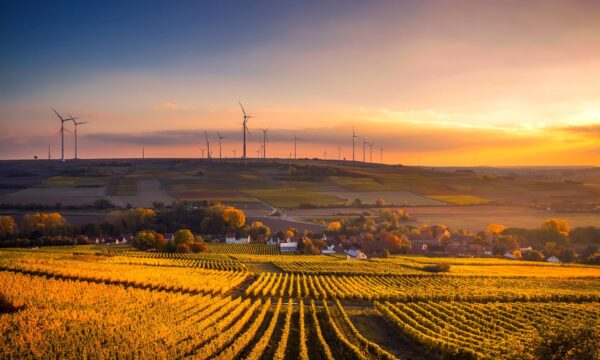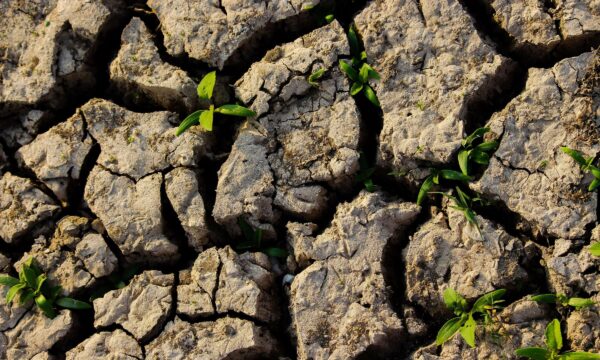
Wakulima Market, in downtown Nairobi, whole sale market for vegetables and fruits coming from smallholder farmers up-country. Its starts early in the morning, lorries are offloaded, customers buy and bring their goods to local supermarkets, smaller markets near residential areas and restaurants. Photo: Sven Torfinn/PANOS
How will climate change impact the future of food production, trade and consumption, and most importantly, what do leading scientists recommend as an appropriate policy response? In a newly released book from FAO, cross-sectoral insights from scientists and economists put the picture of food and food security into perspective in a changing climate.
The findings through collaborative research cover over two decades of climate change effects on agriculture. These include case studies on key crops and commodities that exemplify broader food system trends, as well as new pest and diseases which have caused reduced crops productivity- those same issues which programs like Plantwise work to address. One key message for policy makers: smallholder farmers in developing countries will be most affected, as the local and regional food systems they depend on are strained by increasingly variable and unpredictable weather. The challenges unearthed in this report could better position decision makers to direct resources for solutions to improve smallholder resilience- a fundamental goal which underpins global food and nutrition security for the majority of the world’s growing population.
View the official press release and download the report.
1 Comment
Leave a Reply
Related News & Blogs
PlantwisePlus marks five years of impact at FAO’s Science and Innovation Forum
On 13 October 2025, PlantwisePlus and its core donors co-hosted a networking reception at the Food and Agriculture Organization of the United Nations (FAO) headquarters in Rome to celebrate five years of the programme. Following the FAO’s Science and I…
31 October 2025





Reblogged this on INNOVATING AGRIBUSINESS and commented:
What FAO lately says about climate change and food production